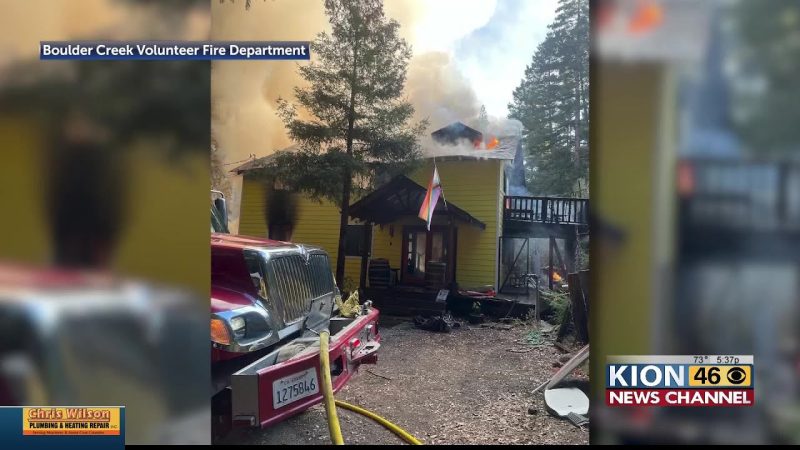Is Bunkr Down

In an era marked by uncertainty and volatility, the concept of bunkering down, or seeking refuge in underground shelters, has gained significant attention. Whether driven by fears of global pandemics, political instability, or environmental catastrophes, the allure of bunkers as a haven from potential chaos has captured the imagination of many. But what exactly is bunkering down, and what drives individuals and communities to invest in such structures?
Bunkering down, colloquially known as “bunkr down,” refers to the act of retreating to underground shelters or bunkers for protection in times of crisis. These shelters vary widely in size, design, and purpose, ranging from small personal bunkers designed for individual families to sprawling underground complexes intended to house entire communities. While the concept of bunkering down may evoke images of doomsday preppers and conspiracy theorists, the reality is that underground shelters serve a variety of purposes and cater to a diverse range of clientele.
Exploring the Phenomenon
One of the primary drivers behind the bunkering down phenomenon is the desire for security and preparedness in the face of perceived threats. Whether it’s the threat of nuclear war, natural disasters, or societal collapse, many individuals and families see underground shelters as a means of ensuring their survival in the event of a catastrophic event. For some, bunkers represent a tangible expression of self-reliance and independence, allowing them to take control of their own destiny in an uncertain world.
Furthermore, the proliferation of bunkering down can also be attributed to advancements in technology and construction techniques, which have made underground shelters more accessible and practical than ever before. Gone are the days of crude, makeshift bunkers hastily dug into the earth. Modern underground shelters boast state-of-the-art amenities and features, including reinforced concrete walls, air filtration systems, renewable energy sources, and even luxurious furnishings. These advancements have not only made bunkers more comfortable and livable but also more appealing to a wider range of clientele.
Moreover, the appeal of bunkering down extends beyond mere survivalism. For some, underground shelters represent a form of escapism, offering a retreat from the stresses and pressures of modern life. In an increasingly interconnected and fast-paced world, the idea of disconnecting from society and retreating to a secluded underground bunker holds a certain allure. It provides an opportunity to unplug from technology, reconnect with nature, and find solace in solitude.
Underground Bunkers
However, the rise of bunkering down also raises ethical and philosophical questions about the implications of withdrawing from society and prioritizing individual survival over collective well-being. Critics argue that the bunkering down phenomenon reflects a lack of faith in humanity’s ability to overcome challenges collectively and perpetuates a culture of fear and paranoia. Instead of investing in underground shelters, they argue, resources would be better spent addressing the root causes of societal problems and building a more resilient and equitable society for all.
Furthermore, the proliferation of bunkering down has the potential to exacerbate existing social inequalities, with access to underground shelters largely limited to those who can afford them. While some companies offer affordable options for personal bunkers, larger underground complexes designed to accommodate entire communities often come with hefty price tags, placing them out of reach for many. This raises important questions about who gets to bunker down and who is left behind in times of crisis.
Conclusion
The bunkering down phenomenon reflects a complex interplay of factors, including fears of insecurity, advancements in technology, and desires for escapism and self-reliance. While underground shelters offer a sense of security and preparedness in an uncertain world, they also raise ethical questions about individual versus collective responsibility and exacerbate existing social inequalities. As the popularity of bunkering down continues to grow, it is important to critically examine the implications of this trend and consider how we can build a more resilient and equitable society for all.





